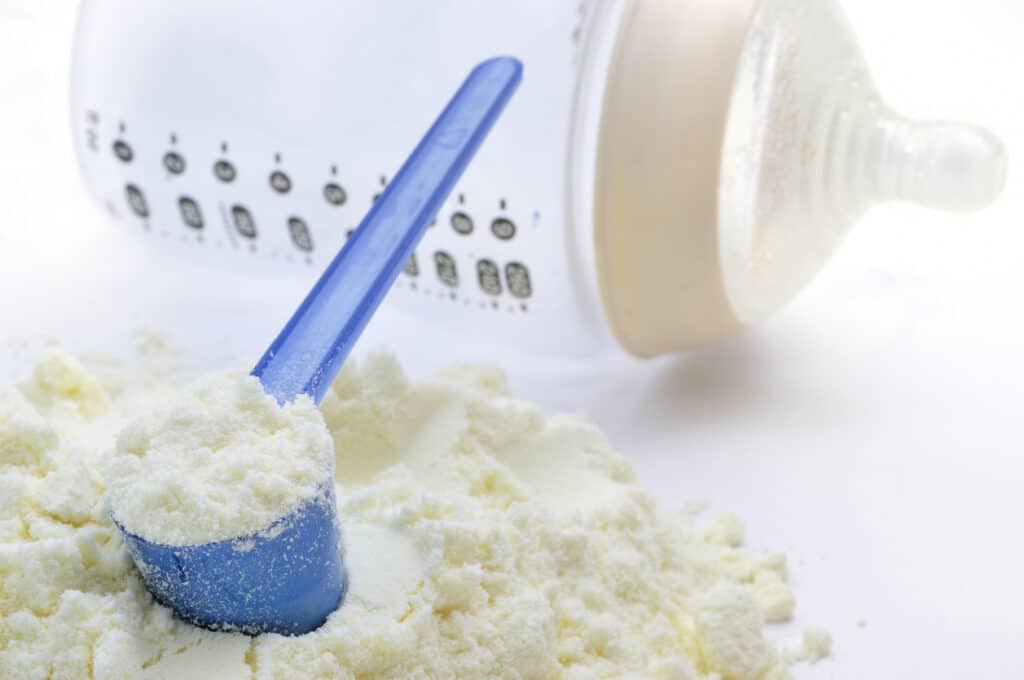As the baby formula contamination and shortage crisis continues to hurt families across the country, the question is not just about how this happened, but how to prevent it from happening again. Whistleblowers are central to answering both questions.
The facts and investigations are still unfolding, but reports of contaminated formula hospitalizing – and even killing – babies and critical safety problems at Abbott Laboratories facility in Sturgis, Michigan make it clear that we need whistleblowers in baby formula facilities to speak out.
It may sound frightening to blow the whistle, but there are many laws protecting whistleblowers from retaliation if they reasonably believe an employer is violating food safety standards. Reporting suspected violations of the Food, Drug & Cosmetic Act (FD&C) – or any rule, regulation, standard or ban under that law – protects employees that report, testify or assist with an investigation. Employees are also protected if they object or refuse to participate in any activity, policy, practice or assigned task that you reasonably believe violates the FD&C.
We need workers to speak up. Without baby formula whistleblowers, there is little chance that regulators can effectively identify and quickly address threats to public health. The passage of the Food Safety and Modernization Act in 2011 (FSMA) recognized the critical role that many food industry employees play in the food safety regulatory structure – including baby formula workers. Regulators cannot timely inspect every facility. Workers are the first line of protection for our food supply, and their participation in helping enforce food safety standards is critical.
If workers report suspected safety issues and face any type of retaliation, it is best to consult an attorney or directly file a complaint with the Occupational Safety and Health Administration (OSHA) – the agency responsible for protecting whistleblowers in the food industry and many others. The FSMA protects workers who file a complaint from certain forms of employer retaliation such as layoffs, reduced pay or hours, demotions, threats and more. These protections extend to all baby formula manufacturers’ employees that process, package, transport, distribute, receive, hold, or import food.
The FSMA requires OSHA to complete an investigation within 60 days of the filing. However, it is important to know that whistleblower retaliation investigations are rarely, if ever, completed in 60 days. If the investigation determines that there is reasonable cause to believe that the law was violated, then OSHA can immediately order preliminary relief, including reinstatement if the whistleblower’s job was terminated or modified.
If companies knowingly supply unsafe baby formula or other foods under federal or state government contracts, then they may be violating the federal False Claims Act or a similar state statute. This is contract fraud, plain and simple. Whistleblowers who help the government recover money under these laws are entitled to between 15 and 30 percent of the government’s recovery.
And if companies mislead investors about their compliance with the FD&C and other applicable laws and regulations, they may be penalized by the Securities and Exchange Commission (SEC). The SEC’s whistleblower program rewards individuals whose disclosures about securities law violations lead to significant government fines, and provides extra protections from retaliation.
The laws are on the side of the whistleblowers. If you are an employee at a baby formula facility and reasonably believe that safety violations or fraud against the government or investors has occurred, remember that you are protected from employer retaliation.
